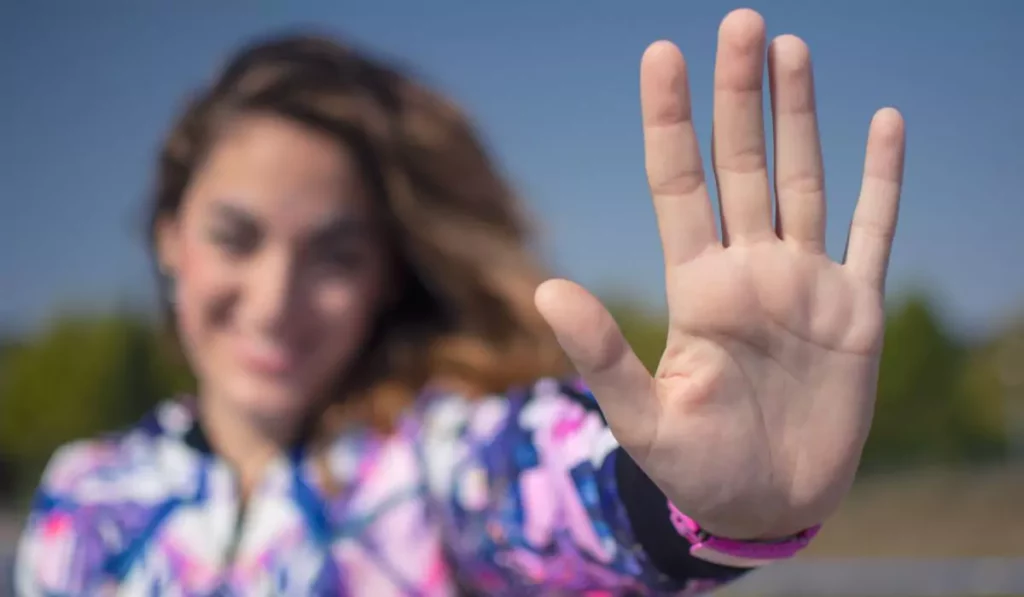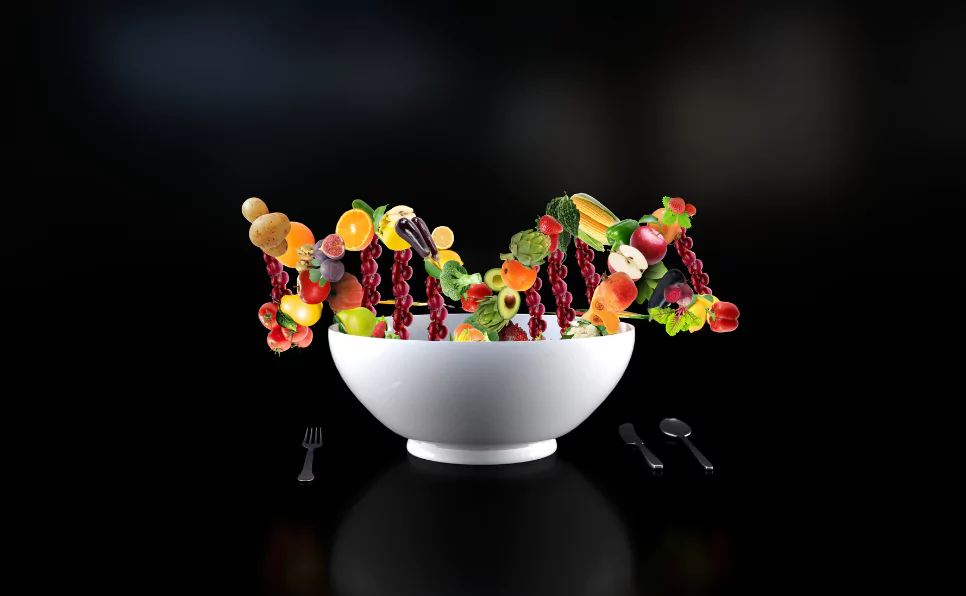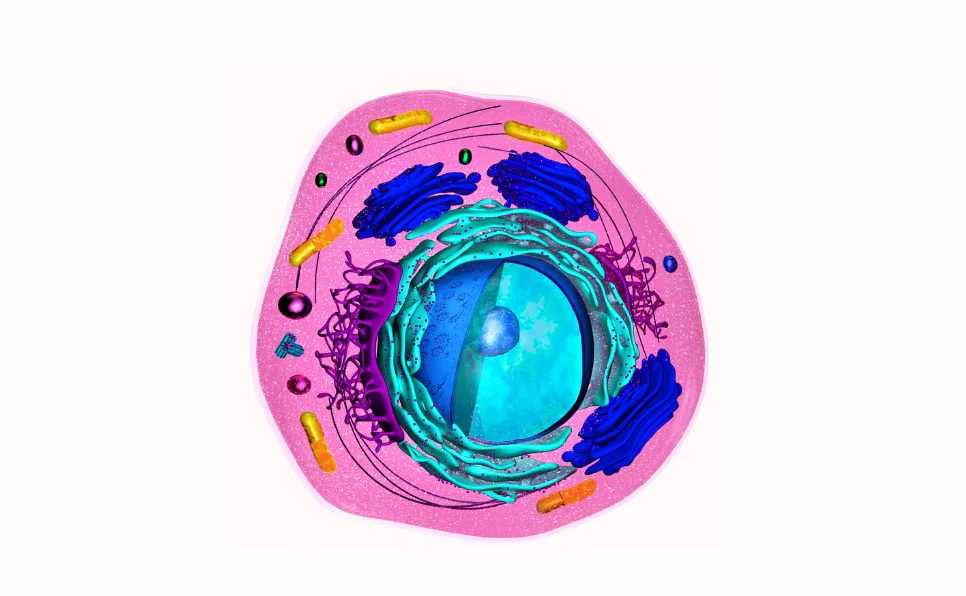Ever caught yourself trying to roll your tongue into a loop, or maybe you’re one of the champs who can easily twist it into a cloverleaf? Tongue rolling isn’t just a quirky party trick; there is genetics in play.
And now, if you’re on the edge of your seat, wondering whether your child will inherit this fascinating ability, here is the Baby Tongue Rolling Predictor.
Armed with our Baby Tongue Rolling Calculator, you can enter details about both parents’ (and even grandparents’) tongue-twisting talents to explore the chances of your baby being a future tongue roller.
Child’s Tongue Rolling Ability Predictor
Select Tongue Rolling Ability for Parents and Grandparents (if known)
Try Other Genetic Calculators:
About Tongue Rolling Predictor
Our Baby Tongue Rolling Predictor dives deep into the genetic pool to fish out the odds of your little one being able to roll their tongue.
It simplifies the genetics behind this intriguing trait in a way that’s both fun and easy to grasp, all based on the family’s tongue-rolling saga.
The Gymnastics Behind Tongue Rolling
The act of rolling your tongue into a tube-like shape depends on the fascinating interplay between muscular flexibility, control, and possibly genetics.
Essentially, when you roll your tongue, you’re creating a coordinated movement involving the intrinsic and extrinsic muscles of the tongue.
These muscles allow the tongue to lengthen, shorten, curl, and uncurl in complex ways.
The intrinsic muscles change the shape of the tongue, while the extrinsic muscles change its position.
This ability to roll the tongue into a loop is something that varies widely among individuals.
Unraveling the Genetic Roll
For a long time, the ability to roll one’s tongue was thought to be a straightforward genetic trait, passed down from parents to their offspring in a classic example of Mendelian inheritance.
The theory suggested that having a single dominant allele (gene variant) for tongue rolling meant you could perform the trick, painting it as a heritable trait.
However, as our understanding of genetics has deepened, we’ve come to appreciate the complexity behind this seemingly simple action.
Recent studies indicate that the story is more nuanced, with multiple genes potentially influencing this ability alongside environmental factors.
Still, it’s a neat example of how our genes play a role in the things we can do.
Predicting whether your offspring will be able to join the tongue-rolling league involves a peek into your genetic blueprint.
If both parents can roll their tongues, the theory goes that there’s a higher chance for the child.
Beyond Genetics: Practice Makes Perfect?
While genetics lays the groundwork, there’s a bit of a debate in the scientific community about whether practice can influence this ability.
Some argue that with a bit of effort, anyone can learn to roll their tongue, suggesting that there might be more than just DNA at play.
But I think very few can learn such capability if there is no genetic predisposition, so the majority of population who can do it without much practice still have their genes to thank.
How Our Predictor Jumps Into Action
By gathering your family’s genetic history and a dash of genetic principles, our calculator sets out to predict your baby’s potential in the tongue-rolling arena.
Though our Baby Tongue Rolling Predictor is based on genetics, but it only consider only simple monogenic inheritance. In reality there are multiple genes that can influence the trait, hence the trait can be inherited differently in actual world.
Tongue-Twisting FAQs
Can two non-rollers have a tongue-rolling baby?
In the world of genetics, yes, it’s possible! Hidden traits and the complex nature of inheritance can lead to surprising talents in the next generation.
Can someone learn to roll their tongue if they couldn’t before?
The jury is still out on this one. While genetics plays a significant role, there’s anecdotal evidence that practice might make perfect for some.
How reliable is this tongue-rolling predictor?
Our predictor serves up a playful look at genetic possibilities, blending established science with a touch of the unknown. While it’s a fun exploration, it’s important to remember the complexities of genetics that makes each of us wonderfully unique.

Dr. Sumeet is a seasoned geneticist turned wellness educator and successful financial blogger. GenesWellness.com, leverages his rich academic background and passion for sharing knowledge online to demystify the role of genetics in wellness. His work is globally published and he is quoted on top health platforms like Medical News Today, Healthline, MDLinx, Verywell Mind, NCOA, and more. Using his unique mix of genetics expertise and digital fluency, Dr. Sumeet inspires readers toward healthier, more informed lifestyles.




